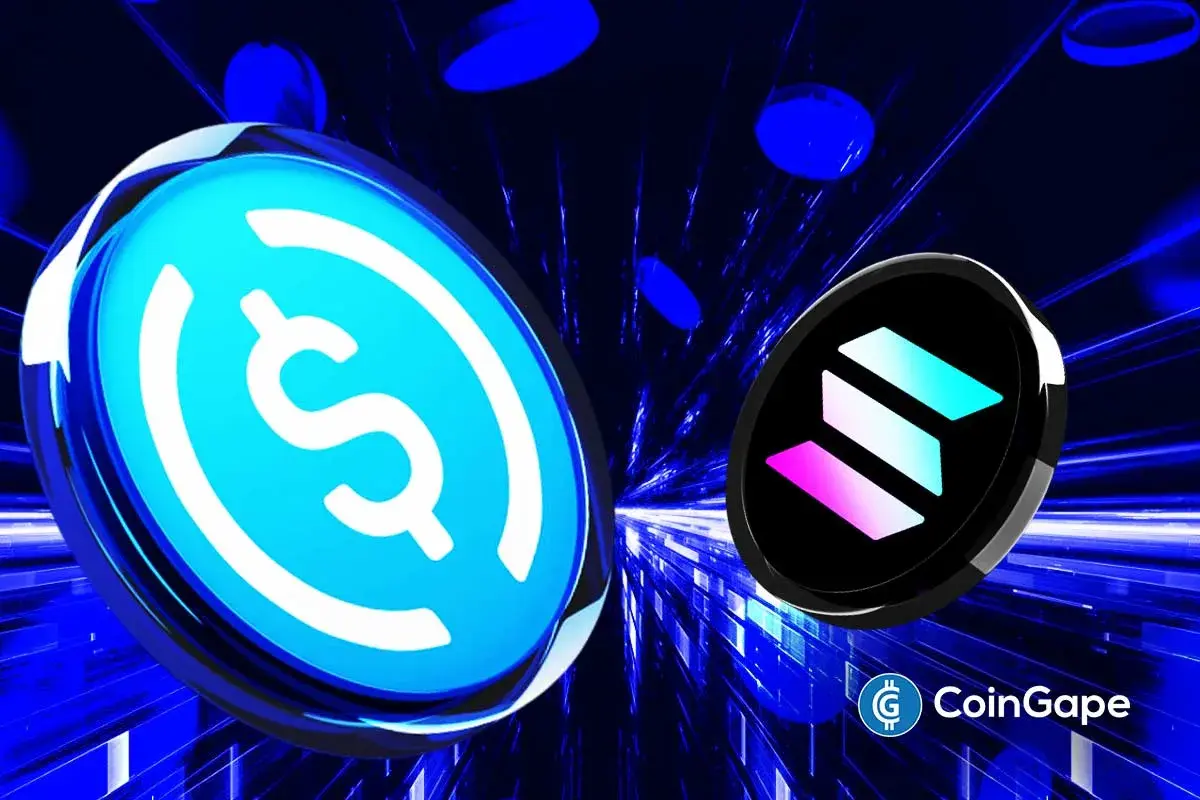Stablecoin Issuers Tether, Circle Blacklist North Korean Hacker Group Addresses

Highlights
- Stablecoin issuers Tether and Circle have blacklisted wallet addresses linked to the North Korean hacker group, Lazarus Group.
- These wallet addresses hold $4.96 million in the USDT, CIrcle, TUSD, and BUSD stablecoins.
- A total of $6.98 million have been frozen from addresses linked to Lazarus Group.
Stablecoin issuers Tether and Circle have blacklisted addresses belonging to the North Korean hacker group Lazarus Group. Onchain sleuth ZachXBT made this revelation while providing a report on how much has been recovered from the hackers as part of an ongoing investigation. Lazarus Group, known for its crypto exploits, is believed to have carried out the recent hack on the Indodax crypto exchange.
Stablecoin Issuers Tether And Circle Blacklist Lazarus Group Addresses
ZachXBT revealed in an X post that four stablecoin issuers, Tether, Circle, Paxos, and Techteryx, have now blacklisted two addresses linked to the North Korean hacker group. These addresses (0x36f…22A70 and 0x12E…44DB6) contain $4.96 million spread across the USDT, USDC, BUSD, and TUSD stablecoins.
The on-chain sleuth also revealed that various exchanges have frozen another $1.65 million belonging to the hackers as part of the investigation. He added that $6.98 million had been frozen from wallet addresses linked to the group.
Stablecoins have become a common way for crypto hackers to launder stolen funds. ZachXBT previously revealed how the North Korean hacker group laundered $200 million from crypto exploits to these dollar-pegged coins between 2020 and 2023.
This revelation follows Tether’s recent partnership with Tron and TRM Labs to form the T3 Financial Crime Unit, focusing on fighting illicit activities involving USDT. The stablecoin issuer mentioned that the T3 unit has already frozen over $12 million in USDT linked to scams and frauds.
Hackers Suspected For The Indodax Exploit
The Lazarus group is suspected of being responsible for the hack of the Indonesian crypto exchange, which resulted in over $20 million being stolen from the platform. Cyvers Head Of AI Yosi Hammer mentioned that the pattern in which the exploit was carried out resembled that of the North Korean hacker group.
The hack, which occurred on September 11, caused Indodax to shut down its platform as it performed maintenance to determine the extent of the exploit. After almost three days of conducting this audit, the crypto exchange announced that users could now transact on the platform. The exchange added that it will gradually reopen crypto asset deposit, withdrawal, and staking features to ensure the system runs smoothly.
Meanwhile, the on-chain analytics platform SpotOnChain revealed that the WazirX hacker still holds $83 million worth of ETH, 55% of the total funds stolen. The platform mentioned that the hacker transferred 20,000 ETH ($46.97 million) to Tornado Cash in the last seven days, bringing the total amount they have laundered to 27,600 ETH ($65.5 million).
- $3.5T Banking Giant Goldman Sachs Discloses $2.3B Bitcoin, Ethereum, XRP, and Solana Exposure
- Why is XRP Price Dropping Today?
- Breaking: FTX’s Sam Bankman-Fried (SBF) Seeks New Trial Amid Push For Trump’s Pardon
- Fed’s Hammack Says Rate Cuts May Stay on Hold Ahead of Jobs, CPI Data Release
- $800B Interactive Brokers Launches Bitcoin, Ethereum Futures via Coinbase Derivatives
- Bitcoin Price Analysis Ahead of US NFP Data, Inflation Report, White House Crypto Summit
- Ethereum Price Outlook As Vitalik Dumps ETH While Wall Street Accumulates
- XRP Price Prediction Ahead of White House Meeting That Could Fuel Clarity Act Hopes
- Cardano Price Prediction as Bitcoin Stuggles Around $70k
- Bitcoin Price at Risk of Falling to $60k as Goldman Sachs Issues Major Warning on US Stocks
- Pi Network Price Outlook Ahead of This Week’s 82M Token Unlock: What’s Next for Pi?
















